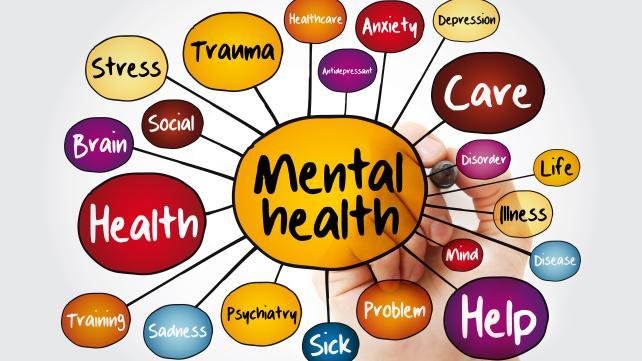Mental health treatment has evolved significantly over the past decade, shifting from a one-size-fits-all model to more personalized and integrative approaches that address the full spectrum of human well-being. In particular, holistic methods are reshaping how individuals engage with healing by treating the mind, body, and emotional self as interconnected parts of a whole. Within this growing movement, many people are turning to resources like depression treatment centers in California to experience a more complete and transformative path toward recovery.
By focusing on more than just symptom management, holistic care is helping individuals build lasting wellness that extends far beyond their time in treatment.
What It Means to Take a Holistic Approach
A holistic approach to mental health emphasizes healing every aspect of a person’s experience—emotional, physical, mental, and spiritual. Instead of simply suppressing symptoms, holistic treatment works to uncover the root causes of emotional distress, helping individuals process underlying issues such as trauma, chronic stress, lifestyle imbalances, or relational challenges.
Holistic programs often blend traditional therapeutic practices like cognitive behavioral therapy or dialectical behavior therapy with lifestyle-based interventions such as mindfulness, nutrition support, movement therapy, breathwork, creative expression, and emotional regulation techniques.
Why California Is at the Forefront of Holistic Mental Health Care
California has long been recognized as a leader in wellness innovation, making it an ideal environment for the rise of holistic treatment. With a culture that encourages mindfulness, emotional awareness, and intentional living, many individuals in the state seek healing methods that feel deeply personalized and restorative.
Additionally, the state’s diverse population and emphasis on emotional wellness have contributed to the development of treatment models that integrate clinical expertise with supportive, whole-person practices designed to create sustainable change.
Addressing the Full Experience of Depression
Depression impacts every area of a person’s life—from their energy levels and emotions to their physical health and self-worth. Holistic treatment acknowledges this impact by exploring how lifestyle, environment, emotional regulation, relationships, and internal belief systems influence mental wellness.
Rather than viewing depression only as a condition to be controlled, holistic care treats it as a signal that deeper healing may be needed. This allows treatment to focus not only on reducing sadness or anxiety but also on rebuilding strength, identity, and motivation.
The Role of Personalized Treatment Planning
One of the core strengths of holistic care is its individualized treatment approach. Each person’s emotional journey is unique, so a holistic model avoids generic solutions. Treatment plans are often designed around a person’s needs, history, preferences, and goals.
Personalized care can help individuals feel more connected to the healing process, increasing engagement and boosting motivation for long-term change.
Mind-Body Integration and Lasting Healing
The mind and body are deeply connected, and holistic care recognizes this relationship by incorporating practices that promote both physical and emotional regulation. Activities such as yoga, intentional movement, or breathwork help calm the nervous system, which can reduce anxiety, lift mood, and create emotional stability.
Nutrition support, restorative sleep patterns, and routine-building also contribute to improved mental clarity and energy levels. By addressing physical wellness alongside emotional healing, holistic treatment helps individuals build a stronger foundation for long-term recovery.
Reconnecting with Purpose and Self-Identity
Many individuals experiencing depression struggle with feelings of hopelessness or disconnection from purpose. Holistic approaches often include reflective practices that help individuals explore their values, goals, and sources of meaning. Through therapy, guided self-discovery, and personal empowerment, individuals begin to rebuild a sense of direction and self-worth.
As people reconnect with their strengths and find renewed purpose, their recovery journey becomes not just about healing—but about transformation.
Long-Term Benefits of Holistic Treatment
Holistic treatment supports lifelong growth rather than short-term relief. By equipping individuals with emotional tools, coping strategies, and wellness practices, holistic programs help them maintain progress long after treatment ends.
Key long-term benefits may include:
- Increased emotional resilience
- Improved lifestyle habits
- Healthier coping mechanisms
- Stronger stress management skills
- A renewed sense of personal identity
- Sustainable emotional balance
These long-term tools help individuals navigate future challenges without slipping back into past cycles.
The Future of Mental Health Care in California
With more individuals seeking compassionate, comprehensive ways to heal, the demand for whole-person treatment continues to grow. Programs like depression treatment centers in California are leading this transition by offering integrative approaches that reflect how complex and deeply personal mental wellness truly is.
By focusing on the entire person rather than just their symptoms, holistic care is transforming the way mental health treatment is experienced—turning recovery into an opportunity for renewal, balance, and self-discovery.

